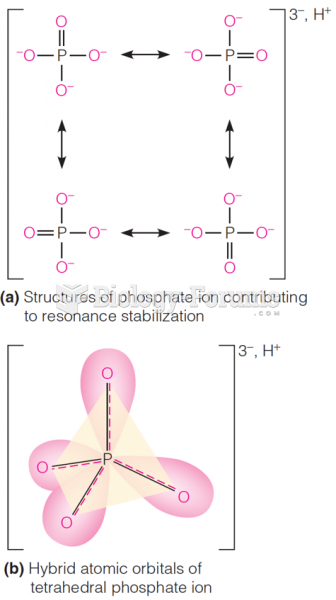|
|
|
The Romans did not use numerals to indicate fractions but instead used words to indicate parts of a whole.
Asthma cases in Americans are about 75% higher today than they were in 1980.
Cancer has been around as long as humankind, but only in the second half of the twentieth century did the number of cancer cases explode.
A serious new warning has been established for pregnant women against taking ACE inhibitors during pregnancy. In the study, the risk of major birth defects in children whose mothers took ACE inhibitors during the first trimester was nearly three times higher than in children whose mothers didn't take ACE inhibitors. Physicians can prescribe alternative medications for pregnant women who have symptoms of high blood pressure.
Hyperthyroidism leads to an increased rate of metabolism and affects about 1% of women but only 0.1% of men. For most people, this increased metabolic rate causes the thyroid gland to become enlarged (known as a goiter).
 Detritivores are often classified according to their body size as microflora, microfauna, mesofauna,
Detritivores are often classified according to their body size as microflora, microfauna, mesofauna,
 This red gasoline container holds about 30 gallons of gasoline and is used to fill vehicles used ...
This red gasoline container holds about 30 gallons of gasoline and is used to fill vehicles used ...





